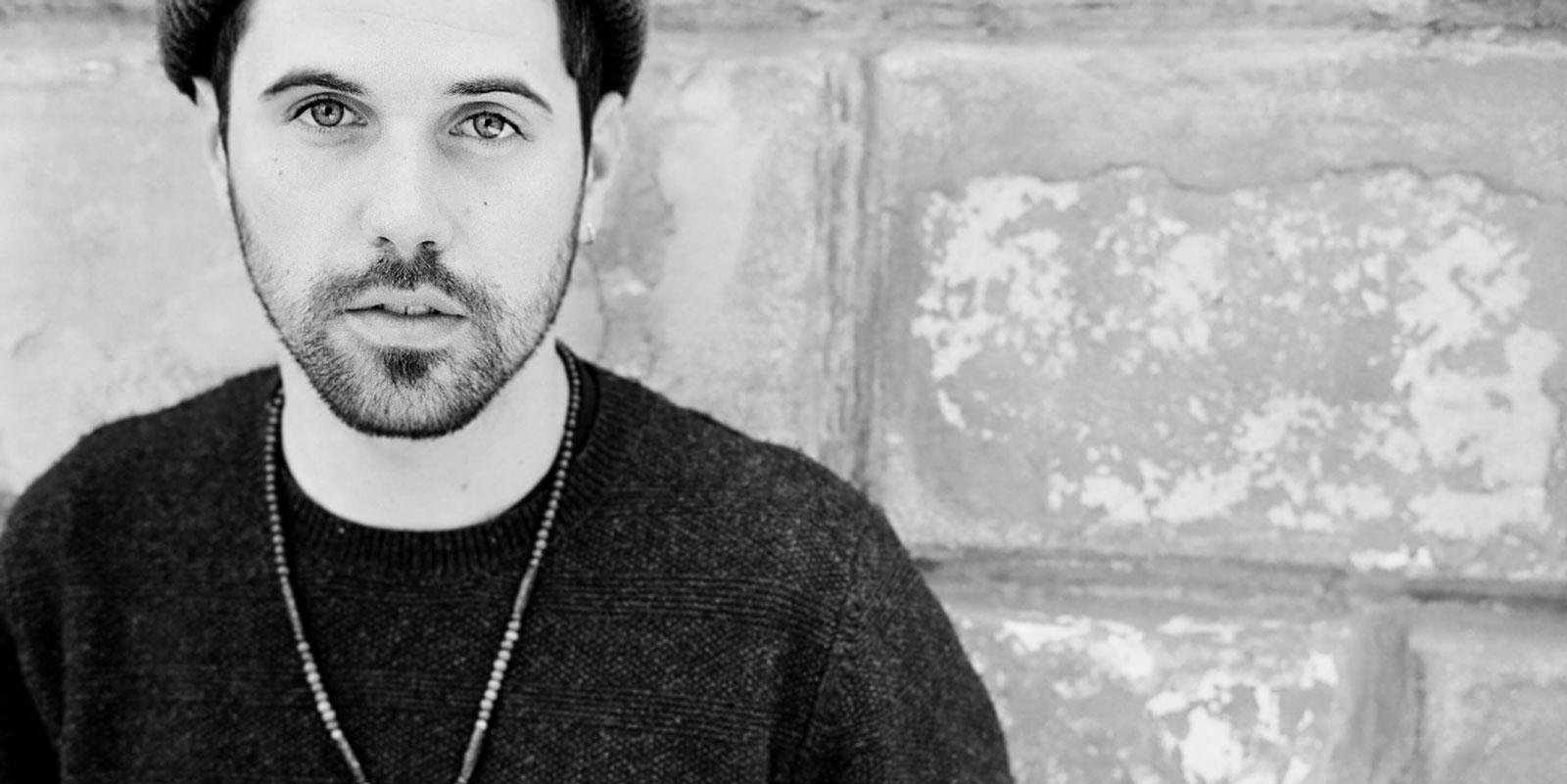Nick Mulvey talks self-consciousness and surrendering control on his new album
Leading me through the industrial recesses of Birmingham’s O2 Institute, Nick Mulvey’s tour manager tells me about the importance of tonight’s sound check. “We’ve got Jools Holland tomorrow evening, so we need to make sure everyone sounds perfect.”
That word ‘everyone’ initially comes as a bit of a surprise. Back in 2011, Nick Mulvey left the Mercury-nominated Portico Quartet to pursue a solo career – a move which earned him his own Mercury Prize nomination for 2014’s debut album First Mind – and as far as I was aware it was still his name written on the ticket. About a minute into our chat, he sets me straight.
“I made a decision early on that I wanted to share the creative process with friends for the new album, to share the songwriting and open the process up a bit more. And that’s kind of grown into a band. It’s still my project, but it definitely feels more communal now.”
I’d come to realise that controlling everything was very limiting for me. Recording live made me surrender to the process instead
The band consists of five of Mulvey’s closest friends – a talented group of multi-instrumentalists featuring his wife, Isadora – alongside the Cambridge-born singer-songwriter, himself a one-time hang drum player turned guitarist. He tells me that the collaborative approach helped to satisfy a number of inclinations he’d been having while playing in support of First Mind, a tour which took him as far as Australia.
“A few things became really clear through the process of living with those songs and touring them a lot, and by the end of it I was really ready for a couple of things. I wanted to experiment with recording in a very live way, as opposed to the multi-tracking I’d done in the past where I was playing most of the instruments myself. I’d come to realise that controlling everything was very limiting for me. Recording live made me surrender to the process instead.
“The whole thing started to become more satisfying when I was controlling it less and letting other people’s creativity come through. That’s another reason why I wanted my friends to be involved, because if I try and tell them what to do, they’ll just turn around and tell me where to go. And not always in the most affectionate way either!”
The communal spirit and the importance of the band are both evident when the musicians take to the stage, as songs like ‘Remembering’ and ‘Unconditional’ are initially led by a signature Mulvey acoustic riff before revealing their true exuberance as the rhythms of the supporting cast build to a crescendo around him. ‘The Doing Is Done’, a euphoric track reserved only for live performances on account of it being “too special” to be recorded, progresses in much the same way, with Mulvey’s voice carried by gently rising instrumentals that burst into an extended outro of concerted joy.
That joyfulness is something which Mulvey covets in both the writing and performance of his music. He wants Wake Up Now to be enjoyed as “a celebration of being alive and knowing what it means to be alive”, and sees the concert experience as his chance to invite fans to share in the vision of his music and the sense of belonging which it brings. He establishes a warm familiarity with the audience so effortlessly throughout the show, and leads them in a round of acapella choruses with breakout hit ‘Cucurucu’, the only song of the evening for which he is alone onstage. His introductions to songs are earnest yet informal, and he manages to strike a tone of profound sincerity when broaching a range of politicised topics – the European migrant crisis (‘Myela’), humanity’s destruction of the environment (‘We Are Never Really Apart’) – without ever becoming preachy. He’s also frequently very funny. When a request is shouted from the back of the room to “play Wonderwall”, it’s greeted with mock-confusion: “who’s that by?”
We’re always told we’re never enough
Approaching the end of our interview, Mulvey begins to explain that his hope for Wake Up Now is that it inspires people – young people, in particular – to be more open and inquisitive, both to the world around them and to their own selves. When I ask him whether this line of thinking informed the title, he shakes his head. “Who am I to pass any kind of judgement on anyone else’s awakening, you know? I do believe, however, that deeper self-knowledge is needed in this time(…) Self-consciousness is something that’s more intimate than intimacy itself, and yet we’re very unpractised at looking at ourselves. It’s how we’re conditioned, by advertisers, by the media. We’re always told we’re never enough.
“We have to go through life with a sense of self-worth, and also a sense of celebration. I hope we can all find a way to fall deeper in love with the experience of being alive. It’s difficult when you’re in debt, or when you live with chronic pain, and it’s impossible to walk around in a constant state of euphoria all the time, too. But when it’s 5am at a festival and you’re with your best friends, watching the sun come up, you just need to take a moment and realise ‘holy fuck, this is so special’. That is the feeling we all need to drink deeply from. It’s transformative; we need to try and touch that experience as often as we can.”

Comments